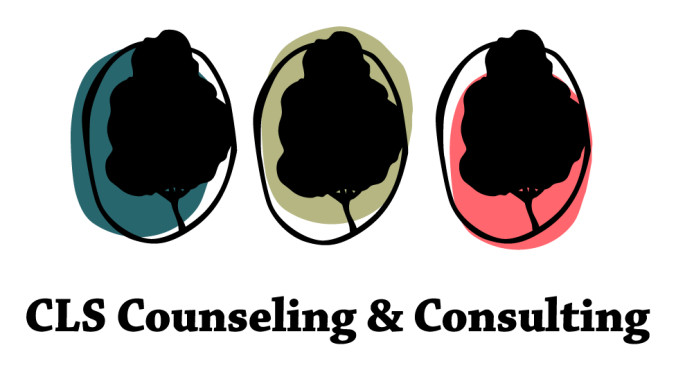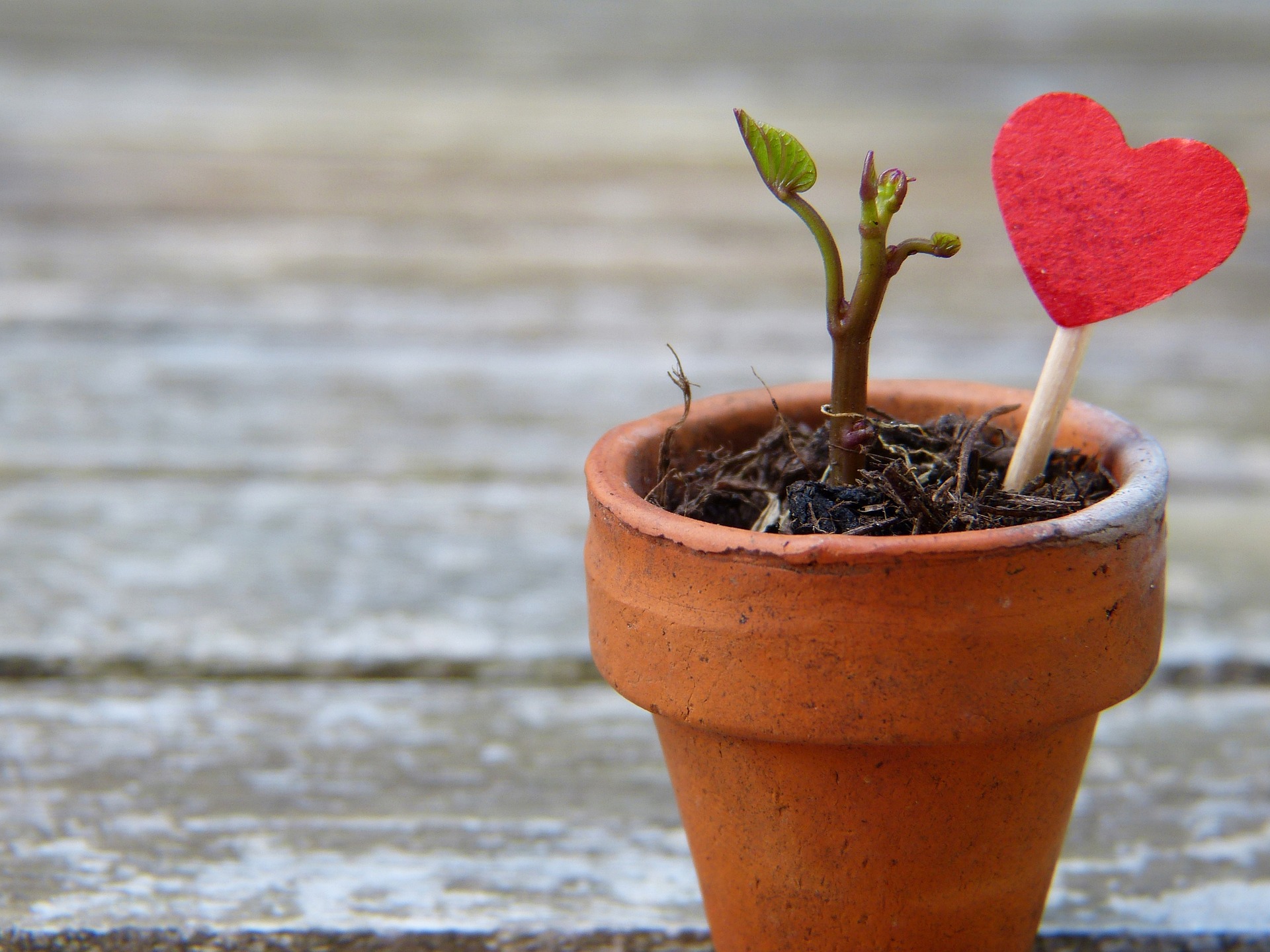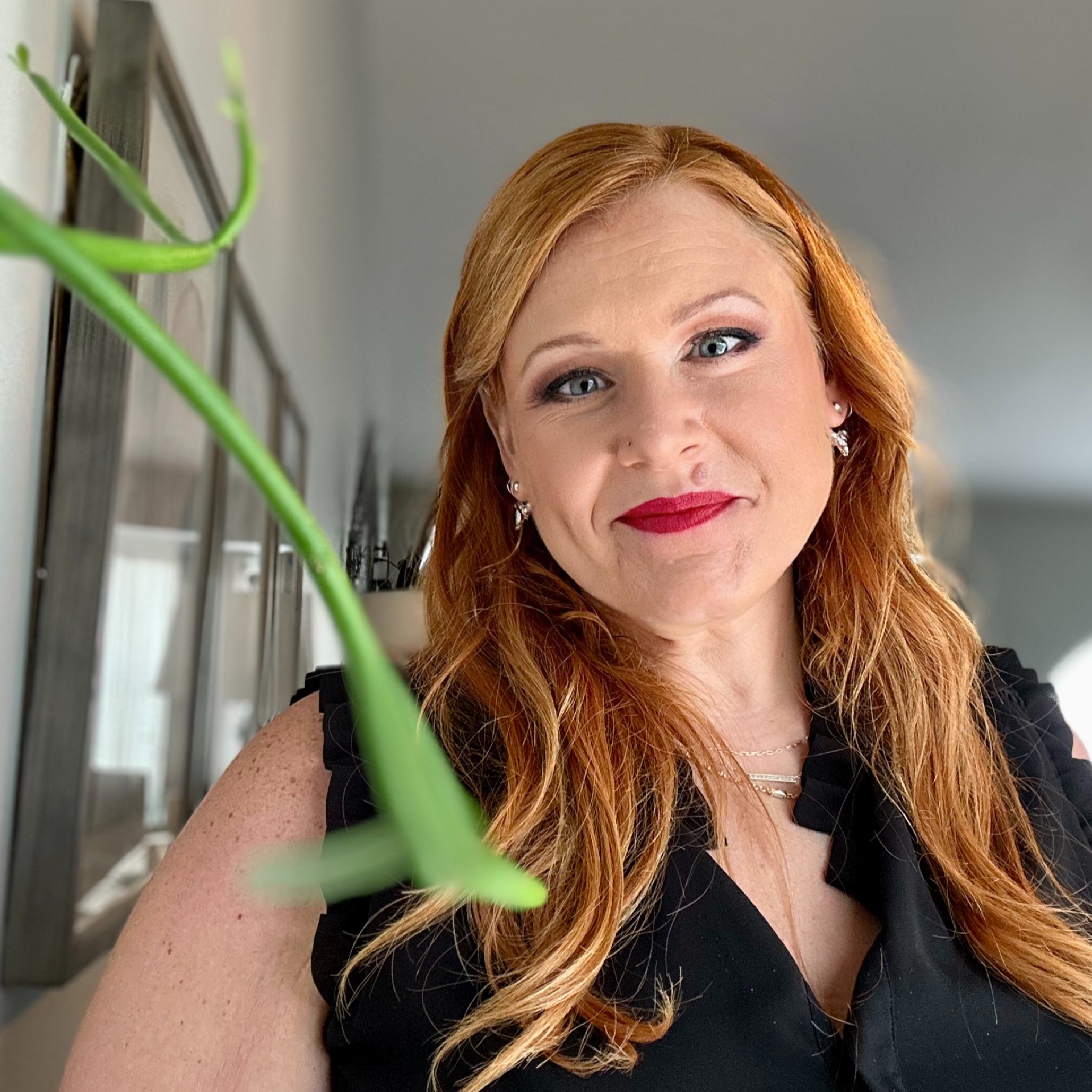Mindfulness & Relaxation: Science-Backed Strategies for Sleep, Anxiety, and Stress Reduction
Stress, anxiety, and sleep disturbances are common struggles in our fast-paced world. Mindfulness, a practice rooted in ancient traditions and supported by modern neuroscience, offers a simple yet powerful way to bring balance, relaxation, and emotional well-being into daily life.
Mindfulness is the practice of focusing on the present moment without judgment. Research shows that mindfulness techniques can improve sleep quality, reduce anxiety, and lower stress levels. In this post, we’ll explore the science behind these benefits and provide guided mindfulness videos to help you incorporate relaxation into your routine.
The Science Behind Mindfulness & Relaxation
Mindfulness-based interventions (MBIs) have been extensively studied and found to be effective for various mental health challenges. Here are some key benefits supported by research:
1. Mindfulness for Sleep
Struggling with sleep? You’re not alone. Studies suggest that mindfulness can significantly improve sleep quality by reducing rumination, calming the nervous system, and lowering nighttime anxiety.
🔹 Research Insight: A study published in JAMA Internal Medicine (2015) found that mindfulness meditation improved sleep quality and reduced insomnia symptoms compared to a sleep hygiene education group.
🎥 Guided Sleep Meditation Video:
20-Minute Mindfulness Meditation for Sleep
2. Mindfulness for Anxiety
Mindfulness helps reduce anxiety by shifting focus from distressing thoughts to the present moment. This practice activates the parasympathetic nervous system, which promotes relaxation.
🔹 Research Insight: A meta-analysis published in Clinical Psychology Review (2013) found that mindfulness-based therapy significantly reduced anxiety disorder symptoms.
🎥 Guided Meditation for Anxiety Relief:
5-Minute Mindfulness Meditation for Anxiety
3. Mindfulness for Stress Reduction
Chronic stress takes a toll on both the body and mind. Mindfulness reduces stress by lowering cortisol levels (the stress hormone) and increasing emotional regulation skills.
🔹 Research Insight: A landmark study in Psychosomatic Medicine (2003) found that an 8-week Mindfulness-Based Stress Reduction (MBSR) program significantly decreased stress and increased overall well-being.
🎥 Guided Body Scan for Stress Relief:
30-Minute Body Scan Meditation
Additional Relaxation Techniques
Beyond traditional mindfulness meditation, other relaxation techniques can further enhance your ability to manage stress and anxiety. Here are some evidence-based methods you can try:
Progressive Muscle Relaxation (PMR)
Progressive Muscle Relaxation is a technique that involves tensing and then relaxing different muscle groups in your body. This method can help reduce physical tension and promote a sense of calm.
🎥 Guided PMR Videos:
Deep Breathing
Deep breathing exercises help calm the nervous system by slowing the heart rate and reducing stress. Practicing mindful breathing can help balance emotions and restore a sense of ease.
🎥 Deep Breathing Video:
Breathing Exercises for Relaxation
Deep Breathing with Body Scanning
This method combines deep breathing with a mindful awareness of your body. It helps release stress and tension while improving the mind-body connection.
🎥 Deep Breathing & Body Scan Video:
Body Scan & Breath Awareness Meditation
Breathing with Visuals
Using visual guides to time your breathing can help maintain focus and create a natural rhythm of relaxation.
🎥 Breathing Visualization Video:
Guided Breathing with Visuals
Guided Imagery
Guided imagery uses visualization techniques to immerse yourself in calming and peaceful mental scenes. This technique engages multiple senses to promote relaxation and reduce stress.
🎥 Guided Imagery Video:
Calming Visualization for Relaxation
Tapping (Emotional Freedom Technique – EFT)
Tapping involves lightly tapping specific acupressure points on the body while using positive affirmations. This method is often used to reduce anxiety and manage stress effectively.
🎥 Tapping Videos:
How to Incorporate Mindfulness & Relaxation into Your Daily Life
You don’t need to spend hours meditating to experience the benefits of mindfulness. Here are a few simple ways to integrate relaxation into your routine:
✅ Start with 5 Minutes a Day – Use a guided meditation or focus on your breath for a few minutes each morning (try doing this in the shower as part of your regular morning routine!)
✅ Practice Mindful Breathing – Take slow, deep breaths when feeling overwhelmed. Try the 7-4-8 breathing technique (breathe in for 7, hold for 4 and out for 8)
✅ Engage in Mindful Movement – Activities like yoga, Tai Chi, Qi Gong, or mindful walking can help regulate emotions and reduce stress.
✅ Use Mindfulness Apps – Apps like Headspace, Calm, and Insight Timer offer structured mindfulness programs.
✅ Try Different Techniques – Explore Progressive Muscle Relaxation, Guided Imagery, or Tapping to find what works best.
Final Thoughts
Mindfulness and relaxation techniques are powerful tools for managing stress, improving sleep, and reducing anxiety. Incorporating these evidence-based practices into your routine can create a more balanced and peaceful life.
Try one of the guided exercises above and notice how your body and mind respond. Small, consistent steps can lead to profound changes in your well-being.
💬 Let me know in the comments – Which mindfulness or relaxation technique works best for you?


